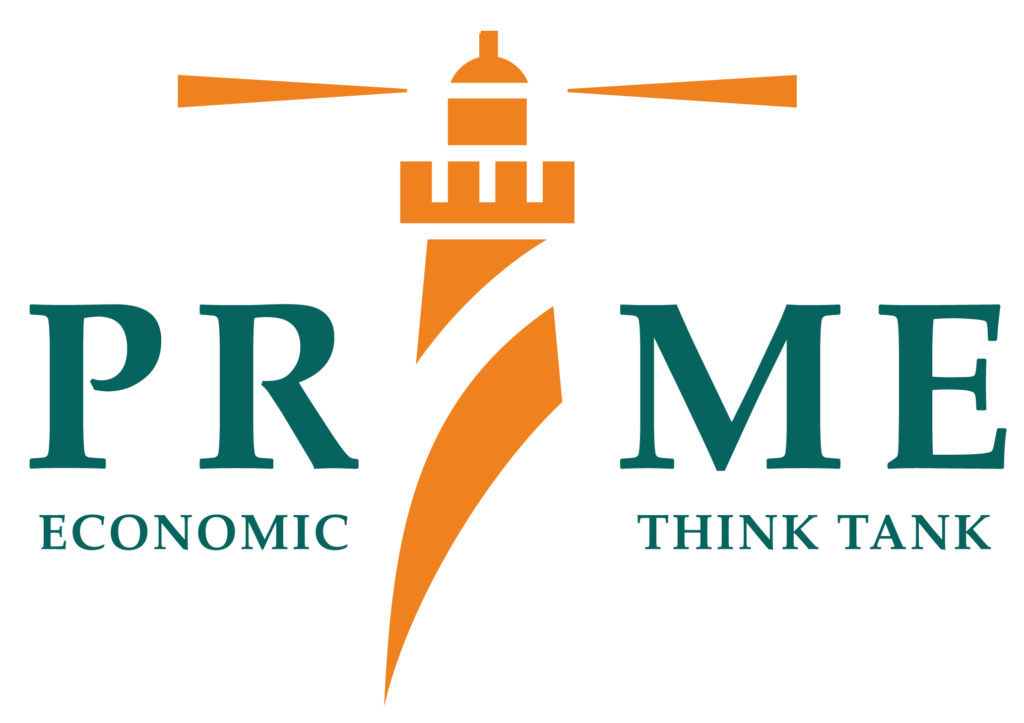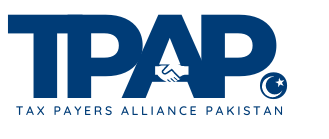

Tax Payers Alliance Pakistan (TPAP) – an initiative of economic think tank PRIME (Policy Research Institute of Market Economy), had an insightful discussion, debate and deliberations of its members on the Federal Finance Bill 2024 presented in the Federal Budget 2024-25 on 12th June 2024.
The general consensus among members of TPAP is that the government has made no significant efforts to broaden the tax base. The latest budget, as is typically the case, remains focused solely on revenue targets rather than implementing meaningful reforms. The government’s approach has been to tighten the withholding tax regime in order to meet its revenue goals, rather than undertaking substantive measures to broaden the tax base.
The existing tax system is riddled with discriminatory exemptions, rebates, credits, concessions and reduced rates that have not been adequately addressed. Many clauses in the Second Schedule of the Income Tax Ordinance 2001 give rise to unfair treatment of certain taxpayers and should have been omitted. Specifically, Clauses 51, 52, 53A, 55, and 56 of Part-I, as well as Clause 27 of Part-II of the Second Schedule, should be abolished on an immediate basis. Moreover, the extension of tax exemptions to the erstwhile FATA/PATA regions is unwarranted and should not have been continued.
Moreover, Section 41 of the Income Tax Ordinance, 2001, which exempts agricultural income from Federal income tax, is proposed to be omitted. Although this exemption allows provinces to independently tax agricultural income, as it falls under their jurisdiction according to the Constitution of Pakistan however, due to insufficient resources and capacity, they are unable to collect agricultural income tax to the potential which Federation can realize. By exempting agricultural income tax vide section 41, a visible discrimination has been created. These discriminatory provisions undermine the principles of equity and fairness in the tax system and must be addressed through comprehensive tax reforms.
The taxation system is already burdened with numerous distortions, and the government has compounded the problem by introducing yet another misguided policy – the “Late Filers” provision. This amendment, which imposes harsh penalties on taxpayers who fail to submit their returns on time, is a flagrant violation of the principles of fairness and equity. Rather than encouraging voluntary tax compliance, it has only succeeded in fueling resentment and triggering a wave of litigation, as evidenced by the growing number of court cases challenging the legality of Section 7E (levied through Finance Act, 2022).
Adding to this list of problematic measures is the imposition of Federal Excise Duty (FED) on transfer of immovable property. This levy represents an overreach by the federal government into a domain that rightfully falls under provincial jurisdiction. Not only does this infringe on the constitutional division of fiscal powers, but it also places an undue burden on real estate transactions, stifling investment and economic activity in a critical sector.
Salaried individuals, the backbone of Pakistan’s professional middle class, have borne the brunt of the country’s economic woes. Currency devaluation, hyperinflation, and previous years’ tax rate hikes have eroded their purchasing power. Yet, the government has compounded their hardship by once again increasing tax rates for the FY2024-25 budget. This move is particularly egregious when one considers that the salaried class pays a staggering 243% more in taxes than the wealthy, subsidized exporters – a glaring disparity that underlies the inherent inequity of Pakistan’s taxation system. (https://www.pakistantoday.com.pk/2024/01/07/salaried-class-pay-243-more-tax-than-wealthy-exporters/). Therefore, Government should revert its decision to increase the tax rates for salaried individuals for FY2024-25.
Evidently, the government’s approach is inherently flawed. While salaried individuals in the private sector and those employed by SOEs/PSEs with their own salary structure & increments policy, have grappled with stagnant salaries or meager increments for years. This decision appears to unfairly link the losses of SOEs/PSEs to the tax burden borne by salaried individuals, treating all employees – public, private, industrial workers, etc. with the same broad brush.
However, this is not the case as a matter of fact. If the government has to reduce its expenditure or has some plan to reduce the losses of SOEs, it is puzzling that it has simultaneously announced increments for government sector employees. Meanwhile, private sector employees have not received meaningful pay increases for several years. In this context, the burden of increased tax rates is being shared equally by both categories of employees, despite their vastly divergent economic circumstances. For government sector employees, excluding those working in loss-making SOEs/PSEs, the increase in tax rates may be justified as part of a broader fiscal consolidation strategy.
However, for employees working in SOEs/PSEs and the private sector, such tax rate hikes are simply unacceptable. Subjecting them to further fiscal tightening, while the government workforce enjoys incremental pay raises, would be a deeply inequitable and short-sighted policy. Therefore, the government should maintain the prevailing tax rates for employees in the SOEs/PSEs and private sector, ensuring that the burden of fiscal adjustment is not disproportionately borne by the very individuals whose contributions are vital to Pakistan’s economic resilience and long-term growth.
Clause (6) of Part I of the Second Schedule of the Income Tax Ordinance, 2001, limits the tax rate to 5% on yield or profit from investments in Bahbood Savings Certificates, Pensioners Benefit Accounts, and Shuhada Family Welfare Accounts. However, due to Clause 36A and Clause 103 of Part IV of the Second Schedule, institutions paying profit on these investments are unable to withhold tax. Ideally, recipients should pay tax at the reduced rate of 5%, but in practice, many treat this income as exempt, leading to a loss of revenue for the government. To address this issue, it is proposed that a new clause be inserted in Part II of the Second Schedule of the Income Tax Ordinance, 2001. This would make the respective institutions responsible for withholding tax at the reduced 5% rate when paying out the profit on these specified accounts.
The government’s decision to introduce exemptions from sales tax for iron and steel scrap is unjustified and short-sighted. These raw materials should be subject to appropriate taxation, as they are integral inputs for various industries. Providing tax exemptions in this regard amounts to an unfair subsidy that distorts market dynamics and undermines the principles of equitable taxation.
Additionally, the withdrawal of sales tax exemption/zero-rating on stationery items, equipment used for medical treatment/diagnostics is not justifiable. These products are essential for the education and healthcare sectors. Levying sales tax on these fundamental goods can significantly hinder access and affordability, negatively impacting both the education and healthcare systems.
Therefore, comprehensive reforms are urgently needed to create a fairer, more efficient tax system. The current budget’s focus on meeting revenue targets through existing mechanisms and discriminatory practices is inadequate and unsustainable. A shift towards equitable tax policies will not only broaden the tax base but also foster trust and compliance among taxpayers.
Tax Payers Alliance Pakistan (TPAP) is a potent pressure group, comprising citizens of Pakistan from all walks of life to advise, educate and influence the Government and Public Policy in Pakistan to lowering the taxes on businesses and individuals, to simplify the taxation regime, and to urge the government to eliminate undue and wasteful expenditures. PRIME Institute serves as its Secretariat in Islamabad.
